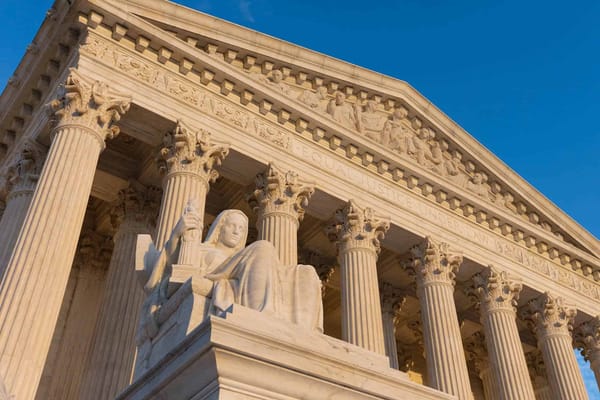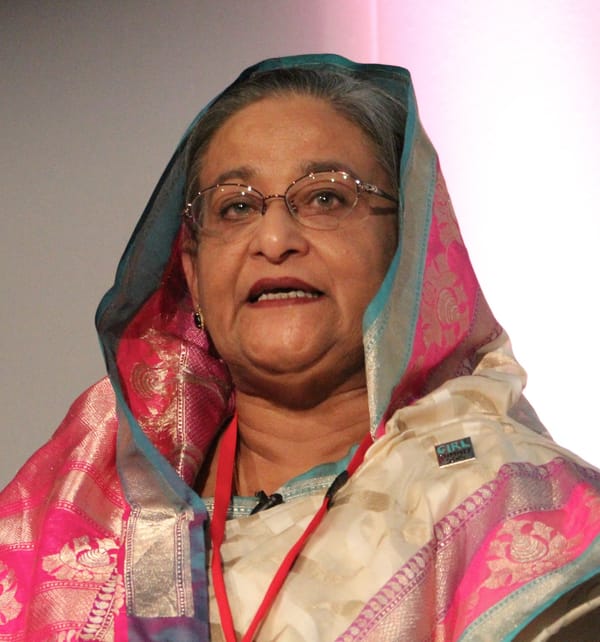War at the world
The recently released report on global warming by the IPCC does not include good news. If we want to keep our planet and live long lives, we must ensure that the system changes.

What difference does half a degree make? It doesn’t seem like much, right? After all, you don’t notice if the water in your sink has gone from 35 ºC to 35.5 ºC when you are washing the dishes. But half a degree is much more important than what you may think. It is the difference between being able to save 25% of coral reefs or none at all. The fate of millions of people in the most vulnerable and poor regions of the world rely on half a degree. And we are now surer than ever.
Last week, the Intergovernmental Panel on Climate Change (an UN affiliated organism that monitors climate change and its potential effects on all aspects of human society) released a report on the potential consequences that an increase of 1.5 ºC in the global mean temperature compared to pre-industrial levels, and the feasibility of limiting the increase to ‘just’ that value. The report also included as a terrifying reference the theorized implications of the temperature increasing half a degree more, to 2 ºC.
What are the main differences between the two? Well, 1.5 ºC will be bad, but is pretty much inevitable at this point. 2 ºC, which isn’t, would be catastrophic. For starters, we can look at the probability of extreme weather events (i.e. droughts or torrential rains) occurring under the two temperatures. While the exact figure could not be calculated, scientists know with high confidence that such events would be much more frequent if the world heats up to the higher temperature. In more quantifiable aspects of nature, it was also reported that sea level, while still above present level, would be 10 cm lower under a 1.5 ºC warming compared to a 2 ºC warming. This would be quite a difference for the numerous inhabitants of many coastal communities, the difference between staying in their ancestral lands or being forced to flee.
So, after understanding the implications of all this, what can humankind do to avoid reaching the feared 2 ºC warm? Well, we would have to change our entire production model, our lifestyle and our consumption choices, in addition to embarking in profound changes to our infrastructure, all in the span of less than 15 years. The report concluded that for the increase to be stabilized around the 1.5 ºC value, CO2 emissions will have to be cut to 55% of what they were in 2010 (!), transitioning into a gradual phase out that eliminates emission altogether by the time we reach the equator of the millennium. If these plans are not carried out, it will be impossible to stop at 1.5 ºC without engaging in colossal projects of geoengineering, like solar radiation managements, whose potential side effects are not yet well understood.
Scary, isn’t it? The changes that will have to be carried out if we choose the less bad scenario would be of tremendous magnitude, to the points that it looks very unlikely that the most industrialised economies in the world (led by the USA and China) will be able to comply, without even factoring their willingness to do so. To add to the pile of terrifying news, the IPCC report didn’t look at the effects that tipping point factors would have in the whole process. These include the positive carbon feedback as the retreating Arctic ice releases millions of tonnes of methane to the atmosphere, or the melting of Siberian permafrost. Some studies suggest that we may already be too late to avoid that, which would lead to an outcome where a 2 ºC increase would be the optimistic scenario.
But one cannot lose hope. It is very important that our generation does not resign to the fate of a ruined planet, where many species and ecosystems have been wiped out and hundreds of millions of people have become victims of global warming or the conflicts provoked by it. What can you do? Well, the most important thing to remember is that individual action, while important, won’t be enough to stop climate change. So yes, it will help if you decrease your consumption of meat (specially beef) and you avoid using private cars or planes. But you have to do a lot more for it to make a difference. You have to put pressure on your politicians, especially in these days as climate change denialism has become the standard position of governments of countries of the magnitude of the USA. You have to demand that further regulations are applied to companies, as 70% of all global emissions are caused by them. You have to engage with your friends, and family, and the wider members of society, and convince them of threat that climate change poses to all of that. The transformation that we will have to make in our lifetimes cannot and must not be curbed by the actions of a few greedy individuals. Because remember, the world is at war, and our enemies are presently in power.










